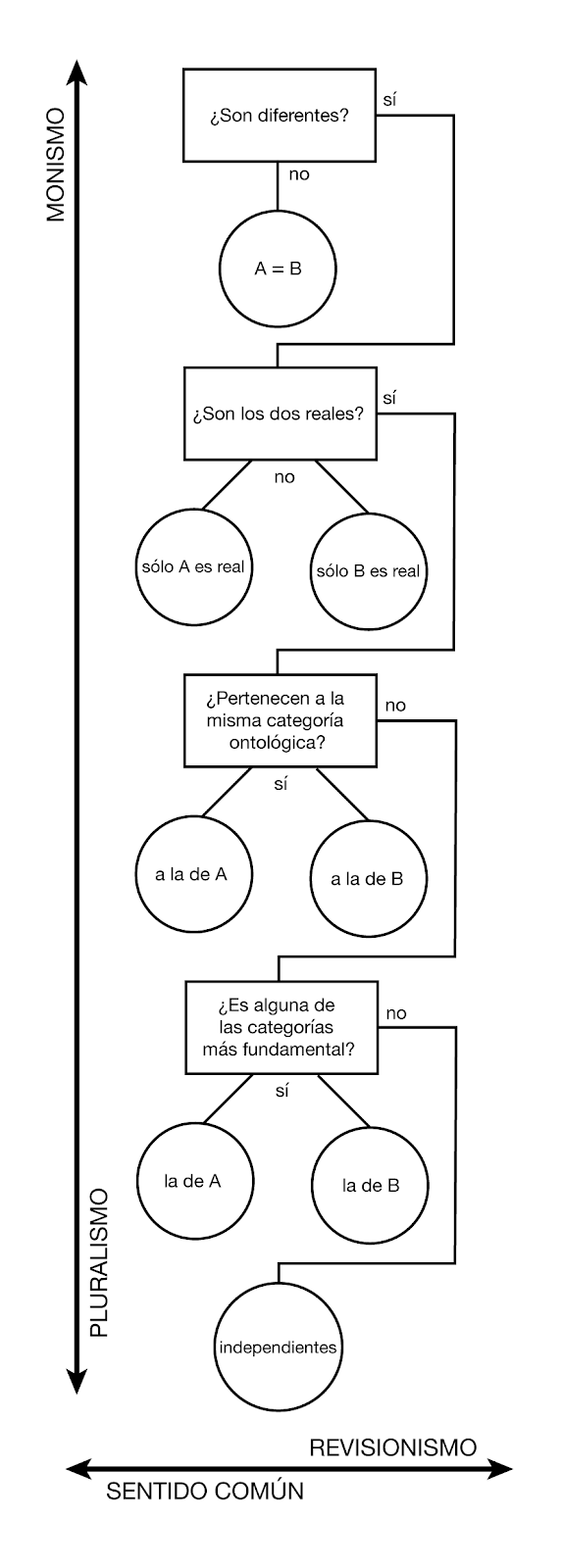Hypocrite good reasons are still good reasons.
In previous posts (here and here), I have written about tu quoques, also known as “appeals to hypocrisy” and “whateverisms” using as examples the common criticisms that commonly accompany public displays of solidairty, concern, attention, etc. over some tragedies -- like the attacks in Paris this month –– and not over others –– like the recent, bomgings in Ankara. But it is not only tragedies that bring tu quoques into public discourse. A couple of weeks after the attacks in Paris, in a very tight electoral race, Argentina elected conservative candidate Mauricio Macri to the presidency. In one of his first public statement after the elections, he promised to request Venezuela to be ejected from the regional free trade association Mercosur, because of human rights violations. In reaction, former president of Uruguay, José Mujica, criticised Macri by saying “It's easy to criticize Venezuela but there are also many other places to criticize. [For example] They just killed four mayors in Asuncion, Paraguay, right next to him." [My translation].
But now I have problems trying to justify why I think this second-order commitment, that is, the commitment to accuracy in presenting one’s viewpoint is an argumentative virtue.
So the paradox is the following: We have, in general, good reasons to value sincerity and decry hypocrisy in argumentation and good reasons to not care about sincerity or hypocrisy in tu quoques. Sincerity is important in argumentation because we cannot debate with someone who is not forthcoming about his actual standpoint. Sincerity in tu quoques is not important because if one cares for the quality of the reasons behind a position, then if good reasons have presented for an opinion, it does not matter if those reasons are actually motivating the person presenting them. Again, hypocrite good reasons are still good reasons. So, pursuing the idea that tu quoques are ad hominems leads us to a paradoxical situation.



Comentarios
Publicar un comentario